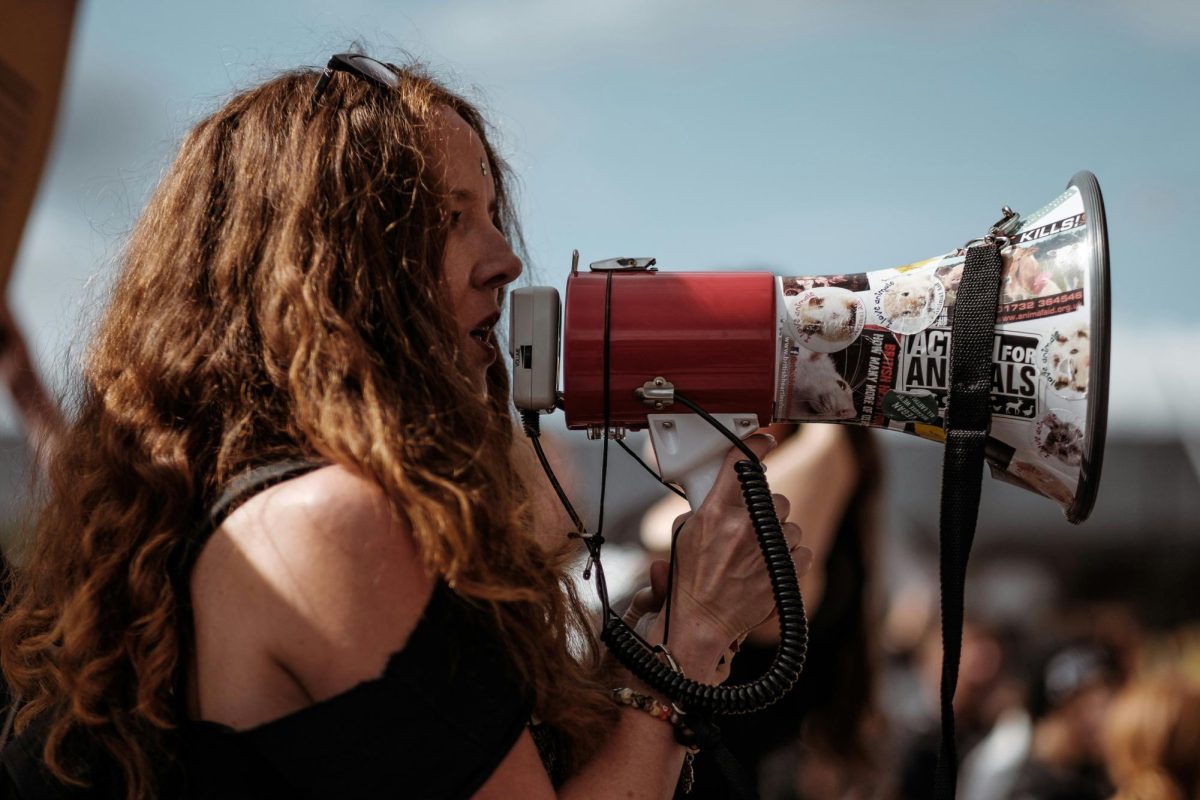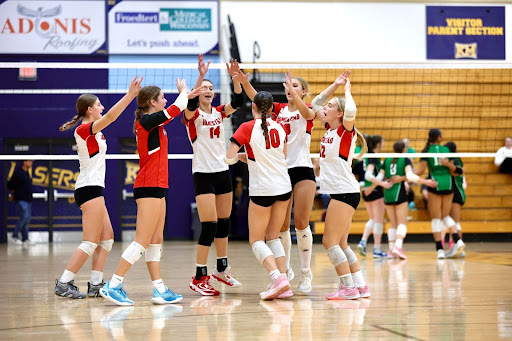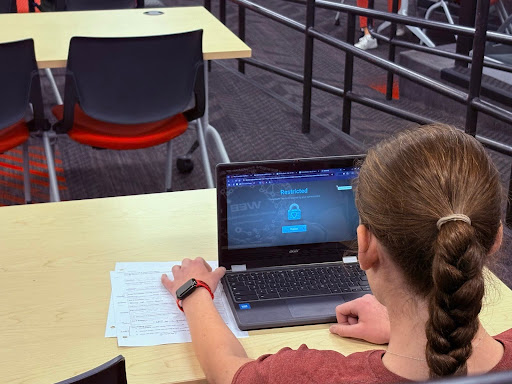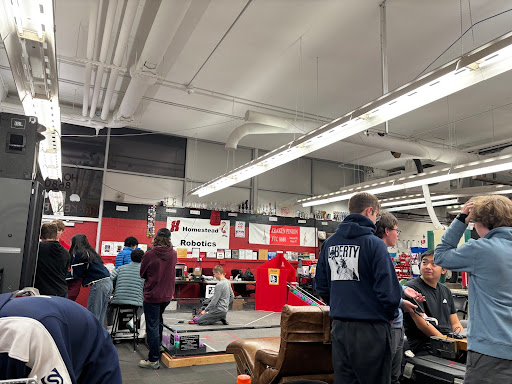The First Amendment protects an American’s civil rights, such as freedom of speech and the right to assemble peacefully. The ability for people to protest a cause important to them has been integral to creating change within American society; many changes in legislation and political movements owe their success to peaceful protests. Even now, peaceful assembly is a strategy used to inspire change and create conversations around issues Americans find especially concerning.
Popularized by the counterculture movement, college students first began to exercise their freedom of speech on campus by protesting U.S. involvement in the Vietnam War. The dissatisfaction with political leadership in the United States government motivated students to hold demonstrations to change American Life fundamentally. The news coverage surrounding these mass protests and the leaking of The Pentagon papers uncovered lies told to the public by the American military and Lyndon B. Johnson while shifting public opinion away from support for the war and towards questioning pro-war policies and demanding the removal of military involvement in Vietnam.
Today, students on campuses across the country are using their voices to express concern for issues they care about. Most recently on April 17, students on college campuses have started protesting the Israel-Hamas war demanding a cease-fire. These pro-Palestinian protestors are calling for their schools to end their funding of Israeli military operations. However, the extent to which their freedom of speech can be exercised, and what restrictions may be legally placed upon students at colleges and universities has sparked conversation surrounding the safety and security of students and staff on campuses around the nation.
Columbia University in New York City has experienced the most protestors, with students occupying student halls and demanding the university to divest from Israel. According to NPR, more than 2,100 people participating in protests on campus have been arrested. Students have been encouraged to peacefully protest without vandalizing or damaging property.
Amaya Tucker, freshman at Notre Dame, has also witnessed an influx of students participating in these campus wide protests.
“I have definitely seen more people talking about protests around our campus and one of my friends was planning on going but they recently arrested students so she is having a tough time deciding if she should go or not,” Tucker said.
Additionally, the issue of whether or not students have the right to protest comes down to whether or not they attend a public or private university.
According to a study done by the University of Central Florida, “Unlike public universities, private universities are not bound by the First Amendment when regulating students’ on-campus.” This means that private universities such as Columbia and Notre Dame are able to create their own rules and regulations regarding how students should be allowed to conduct protests and demonstrations on campus, and the consequences for damages caused by said protests.
Michelle Dubrovsky, a freshman at University of Wisconsin – Madison, has noticed a growth in security presence at her public university.
“There has definitely been a rise in protests on our campus and more police presence with the protests continuing to grow,” she mentioned.
Overall, it is important for students and faculty to understand the policies and rules on campus to keep everyone safe and healthy. Protecting the rights and decisions of students should be prioritized along with encouraging peace and productive conversations between all groups of people.








